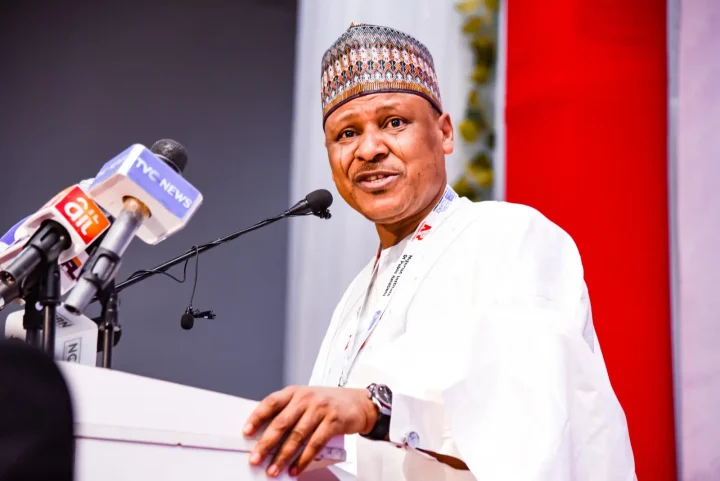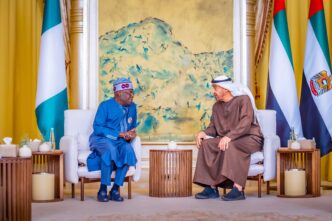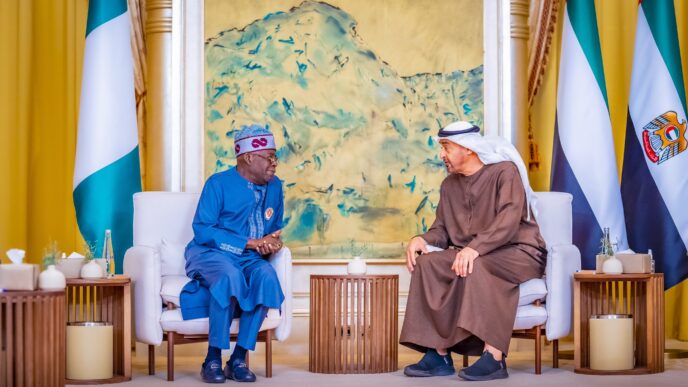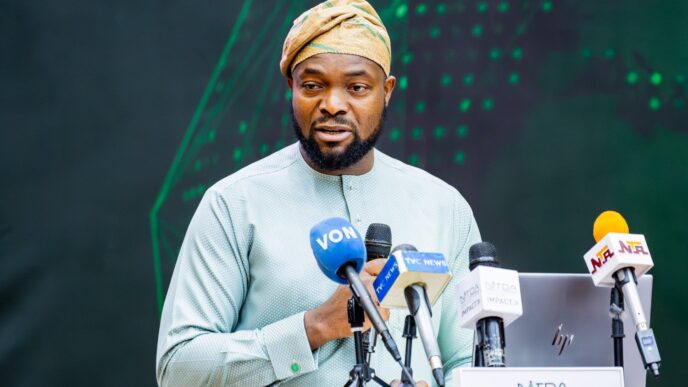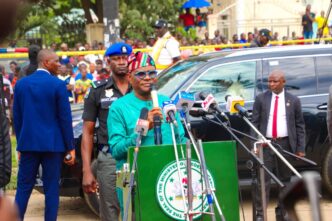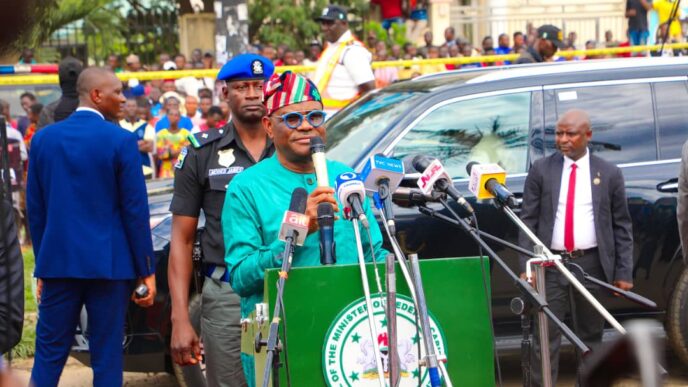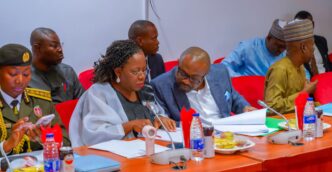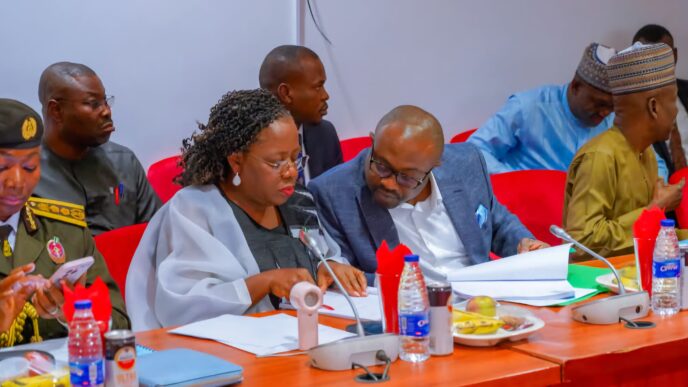Mohammed Idris, minister of information
The federal government has responded to Muhammadu Sanusi II, the Emir of Kano, on the economic reforms of the Bola Tinubu administration.
On Wednesday, Sanusi, who was speaking at the 21st memorial lecture of Chief Gani Fawehinmi in Lagos, said he would remain an observer and not offer economic advice to the Tinubu administration because “they have not behaved like friends”.
“I have decided not to speak about the economy or the reforms, nor to explain anything regarding them. If I explained, it would only benefit this government, and I don’t want to aid this government,” Sanusi said.
“They’re my friends. If they don’t behave like friends, I don’t behave like a friend.
Advertisement
“So, I watch them being stewed, and they don’t even have people with credibility who can come and explain what they’re doing. But I’m not going to help.”
Reacting in a statement on Thursday, Mohammed Idris, minister of information and national orientation, said “it is deeply disappointing that reforms widely recognized as essential by global experts — including by Emir Sanusi II himself — are now being subtly condemned by him because of a shift in loyalty”.
“His Highness, given his background in economics, has a unique responsibility to contribute constructively rather than undermine reforms aimed at collective progress because he feels estranged from his ‘friends’ in government,” the statement reads.
Advertisement
The federal government asked the emir to rise above personal interests and partisan undertones.
The statement harped on the significance of the economic measures, stating that Nigeria is at a “pivotal juncture where bold and decisive actions are necessary to tackle entrenched economic challenges”.
“These reforms are already delivering measurable progress. The unification of exchange rates has bolstered investor confidence, which has contributed to increased foreign reserves and strengthened Nigeria’s ability to shield itself from external economic shocks,” Idris said.
“The removal of the fuel subsidy has freed up significant resources, allowing for greater investment in critical sectors such as infrastructure, education, and healthcare.
Advertisement
“Projections from respected institutions, including the World Bank, show an upward trajectory in Nigeria’s GDP, signaling that our economy is firmly on the path to recovery.
“Additionally, by addressing inefficiencies, the country has reduced its debt service-to-revenue ratio, creating a more sustainable fiscal framework for future generations.”
The minister said rebuilding Nigeria requires unity, focus, and sacrifice from all stakeholders, urging leaders to avoid undermining public trust.
“Let history record this moment as a turning point — when leaders and citizens alike choose to prioritize the nation’s destiny over personal gain. Together, we will deliver on the promise of renewed hope and a better Nigeria for all,” the statement added.
Advertisement
Add a comment
